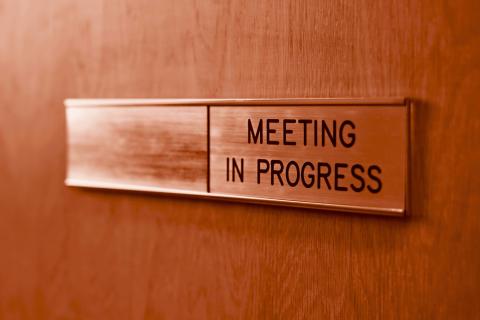
In the worlds of nonprofit programs, management, fundraising and development, there are few topics more widely discussed and more generally misunderstood than the role of the board. In development, e.g., some nonprofits expect (demand?) that board members make a financial contribution to the organization. Others beg and plead with the board to do something, anything, to help raise money.
There are boards that decide everything, down to the design of the letterhead. Other boards decide practically nothing, waiting for the executive director to tell it “how things are going.” Some boards are mostly or totally friends and associates of the founder, usually chosen by the founder and asked to join “because we need a board.”
There are all kinds of numerators in the world of nonprofit boards, but there are a few common denominators all organizations should note. For starters, there are classic legal responsibilities: a “duty” of care, of loyalty and of obedience. In non-lawyer language this means each board member has to use their best judgment in making decisions, put the organization’s interests above personal or professional considerations, and see that the organization is following all federal, state and local laws and codes.
Then there is the relationship between the board and the chief executive officer (or president, executive director, whatever the title). The board’s essential role is to hire the CEO, determine compensation levels, assess performance on certain specific measures, and (if necessary) dismiss the CEO and find another one. The executive director works for the board, not the other way round.
Finally, the board reviews, analyzes and approves the organization’s budget. Many funders ask for a copy of the nonprofit’s most recent board-approved annual budget, and unless the board has actually sat with the staff and budget, read it and voted on it, the board has not done its job.
All the rest—asking for contributions, assisting with special events, making connections with collaborating organizations, approving staffing choices—all of those functions are not a part of the board’s basic business. Of course, each nonprofit can decide on whether and how its board can help in these ways. But it’s best to start with what a board MUST do and only then move to what it MIGHT do.
Thomas Boyd is Chief Editorial Consultant for The Grantsmanship Center
and an independent consultant to nonprofit organizations.



